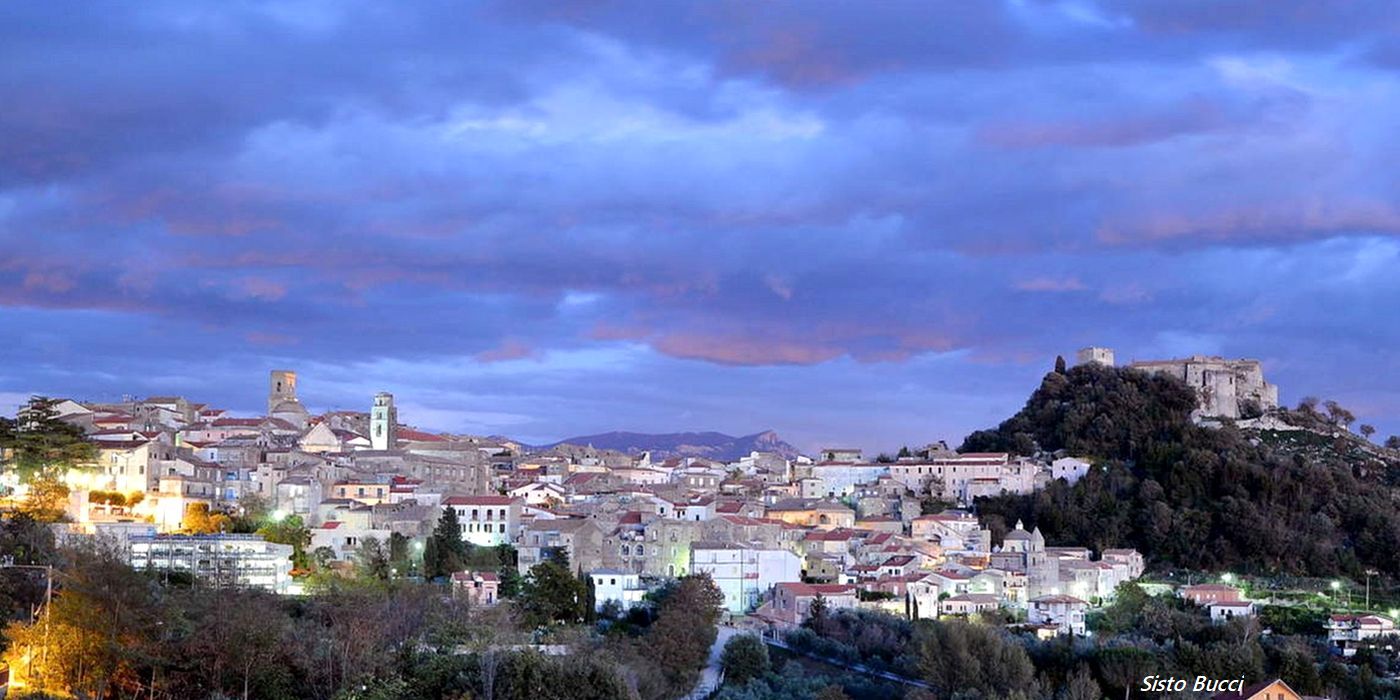Meloni and Von der Leyen visit Lampedusa. There are no ‘illegal’ human beings

The visit of Prime Minister Giorgia Meloni to the island of Lampedusa on Sunday September 17, together with the President of the European Commission, Ursula Von der Leyen, should not be interpreted – as has been done by more than one political party – in an electoral sense. It is not a question of whether the Italian government and the parties that support it deserve more or less votes depending on how they deal with migration. It is a question of dealing responsibly and competently with a ‘global’ migratory phenomenon that originates in distant countries and ends up at the gates of Italy and Europe. Its protagonists are people fleeing from conflicts, hunger, climate change, old and new forms of colonialism, in which the rich countries have been and continue to be the protagonists. This is the face of today’s forced migrations, where to speak of “illegality” is reductive, to say the least.
What is certainly illegal is the trafficking in human beings, which takes advantage of the tragic situation to extort thousands of euros for a “ride” on a boat, not knowing whether, having left from Tunisia or Libya, it will reach the Italian shores. What is also illegal are the concentration camps set up in the countries of North Africa, where tens of thousands of children, women and men coming from – in fact fleeing – Africa are imprisoned (and often treated inhumanely).
Added to this is the inability of European countries and their governments to reach an agreement that guarantees the reception of incoming migrants while ensuring the safety of those who receive them.
The failure to reform the Dublin Agreement, the walls and barbed wires erected by several EU countries, the delays in approving and implementing the New Pact on Migration and Asylum, reflect the unwillingness to provide a genuine, solidarity-based and far-sighted response to migratory pressures. Given that – as everyone knows, or should know – the old Europe, which is in danger of being reduced to a huge old people’s home, desperately needs young migrants.
When it comes to migration, the European countries are all going their own way, with different rules and different results, and with double standards. And there is more. The legitimate and necessary reception of the millions of Ukrainians who fled to the EU because of the war is proof of this. Are a boy or a woman from Gambia, Nigeria or Syria different from Ukrainians?
This is what the migration issue is about.
Prime Minister Meloni therefore did well to invite President Von der Leyen to the island of Lampedusa. It was a gesture of closeness to the inhabitants of Lampedusa, whose lives are objectively affected by the arrival of boats full of desperate people. A gesture of humanity towards the migrants themselves, who have somehow reached the small Mediterranean island.
It is also a sign of renewed attention to the migratory emergency – a cry of alarm that has been raised by all Italian governments for almost a decade – whose humanitarian, social and institutional implications should not be underestimated.
The tone of social safety set by the Prime Minister during her visit to Lampedusa remained in the background. “I want to say that I do not consider this to be so much a European gesture of solidarity towards Italy, but rather a responsible gesture by Europe towards itself, because these are Italy’s borders but they are Europe’s borders too”, Giorgia Meloni said in a press statement. “The scale of the migration flows we are facing is such that, if we don’t work seriously and all together in combating illegal departures, this phenomenon’s numbers will overwhelm the border states first, but then all the others too. […] What is at stake here is the future that Europe wants for itself, because Europe’s future depends on its ability to address the great, epoch-making challenges of our time, and illegal immigration is undoubtedly one of them.” The Prime Minister reiterated: “I keep saying that, considering the flows that Italy is facing, that Europe is facing, we will never solve the problem by talking about how to redistribute migrants within Europe’s borders. The only way to seriously address the problem, and not have the solution for one nation create problems for another, is to work on the external dimension and stop the illegal departures of immigrants.”
Ursula von der Leyen was on the same lines: “irregular migration is a European challenge, and it needs a European answer.” Pausing to express her solidarity with the people of Lampedusa and thanking the people working on the island’s docks, she said that migrants “are being lured by ruthless smugglers and traffickers. And many arrive here in Lampedusa simply because of its location. This puts Lampedusa under pressure, creating a very difficult situation for its people. […] We will decide who comes to the European Union and under what circumstances, and not the smugglers and traffickers.”
She then outlined her “ten-point action plan” to combat the phenomenon. Actually, nothing new:
the role of Frontex, border control, cooperation with Tunisia, repatriation of “irregular migrants”, “stepping up awareness and communication campaigns to discourage Mediterranean crossings, while continuing to work on alternatives such as humanitarian admission and legal pathways.”
Much remains to be done, Meloni and Von der Leyen agreed. There is much to be done and Italian and European policies must provide concrete answers that respect the dignity of every human life. Including the lives of migrants.
(Fonte: AgenSIR – News archiviata in #TeleradioNews ♥ il tuo sito web © Diritti riservati all’autore)







